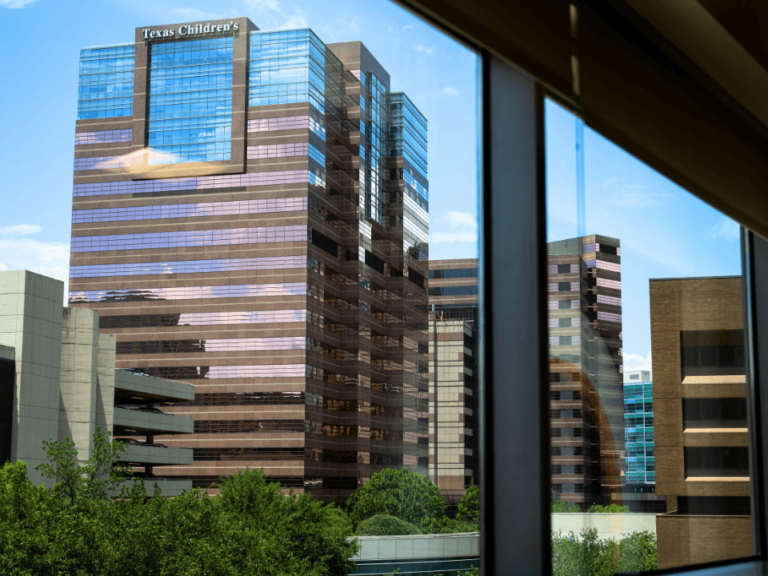Last week, a national public perception survey from the American Society of Clinical Oncology revealed a public grappling with cancer care amid the COVID-19 pandemic and the nation’s reckoning with racial injustice.
This annual survey enables ASCO to understand the public’s perception of critical issues in cancer care so we can inform our own education programs, communications initiatives, and work in public policy.
The results are a wake-up call and challenge for the oncology community, as they include evidence of delays in cancer screenings, significant differences along racial lines in perceptions of cancer care inequities, and widespread misunderstandings about cancer clinical trials.
Delays in cancer screenings amid the pandemic
Similar to other recent research, ASCO’s survey found that many Americans have postponed critical cancer screening tests during the pandemic. Among Americans scheduled for a cancer screening test such as a mammogram, colonoscopy, skin check, or Pap/HPV test (37% of adults surveyed), nearly two-thirds (64%) reported that it was delayed or cancelled. Among people whose appointments were delayed or cancelled, 66% said it was their choice, and a similar percentage (63%) said that they were concerned about being behind on screenings.
Postponing cancer screenings for a few months is not necessarily dangerous, however, and avoiding medical settings may have protected many people from contracting COVID-19. But in the months and years ahead, we should be concerned if a significant number of Americans stop seeking preventive care as this is predicted to increase mortality. Now is the time for oncologists and primary care physicians to follow up with patients to ensure they reschedule their evidence-based screening appointments.
Racial differences in perceptions of cancer care inequities
The survey revealed that while a majority of respondents (59%) say racism can affect the health care a person receives, there are significant differences in opinion along racial lines. Racial and ethnic minorities, including Blacks (76%), Hispanics (70%), and Asians (66%), are more likely to say that racism can impact the care a person receives than whites (53%).
Similarly, Blacks are significantly more likely than whites to believe there is unequal access to cancer care in America, with 71% of Black adults saying that Blacks are less likely to have access to the same quality of cancer care as whites, compared to 47% of white adults.
Like all healthcare in America, the oncology community remains far from the goal of ensuring equal access to timely, high-quality care. As the coronavirus pandemic has laid bare, systemic racism—the unequal treatment built into our health care system—undermines public health in measurable ways.
It also deeply affects patients with cancer specifically, as evidence shows Blacks have the highest death rate and shortest survival of any racial group for most cancers.
To do right by the patients we serve, we must confront the systemic issues that have created these disparities. To that end, this summer ASCO issued a set of recommendations to address equity in cancer care and research and is developing a concrete action plan for the coming years.
But this is just a start. We must also begin the difficult work of addressing our own biases to enact meaningful change for the benefit of patients.
Widespread misunderstandings about cancer clinical trials
Finally, but especially topical as the nation and world focus on clinical trials testing “coronavirus” (SARS-CoV-2) vaccines, were respondents’ views on participation in research. The survey found that three in four Americans (75%) say they would be willing to participate in a clinical trial for a cancer treatment if they were diagnosed with cancer.
However, many have misunderstandings about the benefits of clinical trial participation. For example, nearly half of all respondents (48%) believe patients with cancer who participate in clinical trials are not receiving the best possible care. In addition, three-quarters of respondents (75%), including 87% of patients with cancer, believe that some people who participate in cancer clinical trials receive a placebo rather than proven effective treatments.
To do right by the patients we serve, we must confront the systemic issues that have created these disparities. To that end, this summer ASCO issued a set of recommendations to address equity in cancer care and research and is developing a concrete action plan for the coming years.
Oncology professionals know the reality that placebos are extremely rare in cancer clinical trials and are only used when there is no standard treatment available. The willingness to participate despite this untrue perception of risk is itself remarkable, but this is a misunderstanding that we can, and must, correct.
Improving participation in clinical trials (currently 3-5% for adults with solid tumors) depends in part on our ability to overcome persistent myths about them. These findings show we need to do a much better job of educating our patients and the public about the benefits of clinical trials for people with cancer, and their importance in driving progress against the disease for everyone.












